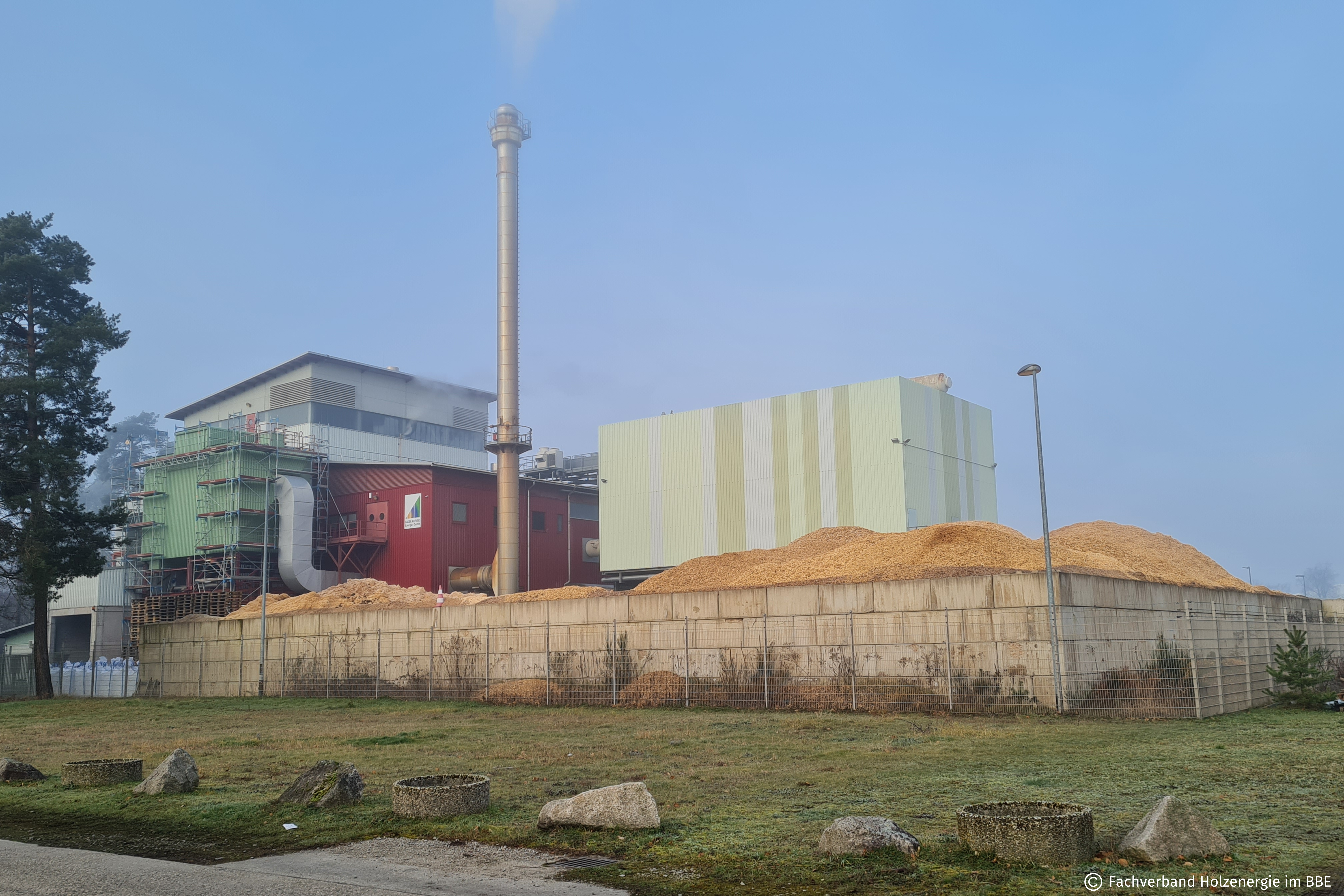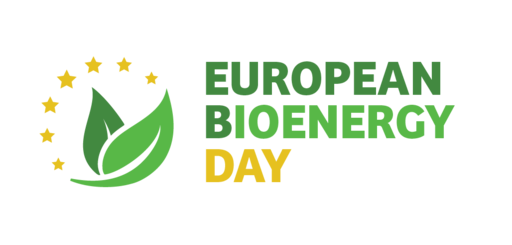Germany: 16 November 2024
Baden Airpark Energie: Pioneering Bioenergy for a Sustainable Future
Martin Schnatterbeck, Managing Director of Baden Airpark Energie GmbH, believes that the utilization and return to sustainable bioenergy is essential in regions where this is feasible. Baden Baden Airpark Energie GmbH uses bioenergy in all its potential, from sustainable heat to green electricity and process stream. Nevertheless, they have one more idea for the future.
A story brought to you by:
Martin Schnatterbeck, Managing Director of Baden Airpark Energie GmbH, believes that the utilization and return to sustainable bioenergy is essential in regions where this is feasible. This is because sustainably managed forests represent a significant resource and an extensive carbon dioxide storage facility. Martin Schnatterbeck believes that the key challenge is to identify the most appropriate timber utilisation technique for each location, while ensuring that nature conservation is taken into account and that forestry experts are given the opportunity to apply their valuable, centuries-old forestry experience.
Taking these factors of sustainable forest management into account, Baden Airpark Energie GmbH provides three energy sources derived from woody residues and landscape conservation. The company’s product range includes green electricity, sustainable heat and process steam. The biomass cogeneration plant supplies Baden Baden Airport with sustainable heat, feeds the electricity generated into the power grid and uses the superheated steam produced during energy generation to manufacture a peat substitute product. The company engages with neighboring businesses in the operation of the power plant and plays a pivotal role in regional waste management by recycling woody green waste from the region’s collection points. The company has established a network of over 50 fuel suppliers, which has contributed to the project’s widespread acceptance in the region. It is particularly well-positioned to provide opportunities in municipal heat planning, which calls for a sustainable district heating solution in neighbouring villages. This not only strengthens these communities but also significantly reduces fossil CO2 emissions.

Reducing CO2 emissions is a key objective for Baden Airpark Energie GmbH. The company plans to separate the CO₂ from the power plant’s flue gas and make it available to the CO₂ market via purification processes in the future. This would transform the biomass cogeneration plant into a CO2 sink. However, as CO2 certificates have not yet been issued, the project is not completed. Once the circumstances permit, Martin Schnatterbeck plans to construct such a facility. He believes that taxing fossil CO2 is an effective strategy for permanently converting our fossil CO2 economy to a sustainable and environmentally friendly one.
The potential for reducing CO₂ in the air is one of the key benefits of biomass cogeneration plants. The captured CO₂ can then be purified and reused. The only remaining step is the allocation of CO2 certificates for sustainably produced CO2, which is a crucial political step. It remains to be seen whether this will be a project for the future.
About:
The biomass cogeneration plant at Baden Airpark Energie GmbH utilises natural green waste from the grounds to generate electricity and heat. With 8,000 operating hours a year, the company can supply around 12,000 households with green energy almost 24/7. Further information can be found at www.baenergie.de.
About the campaign
The European Bioenergy Day campaign is powered by Bioenergy Europe and relayed across Europe by both national and international partners supporting the view that bioenergy is more than a renewable energy source, it is also a reliable path that will lead Europe to achieve its renewable energy transition.
European Bioenergy Day on Social Media

